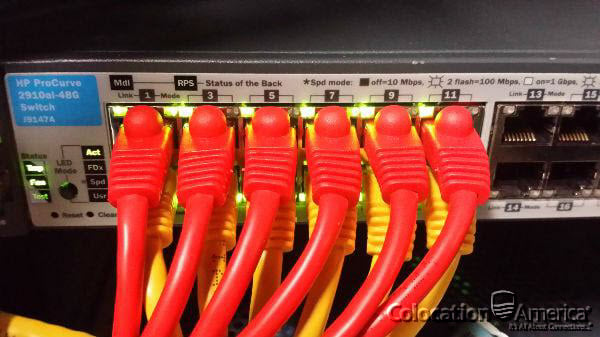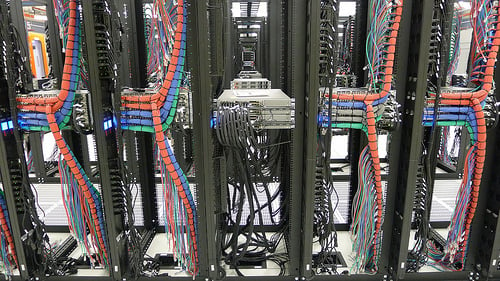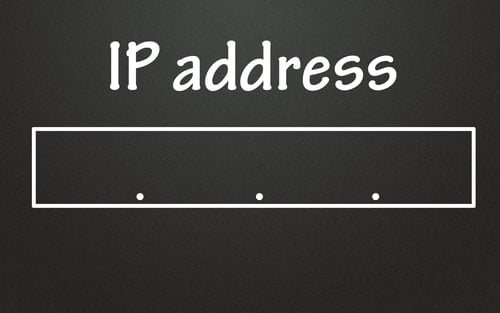
Making Use of My Social Science Degree
October 26, 2015
This Week in Getting Hacked: Squirrel PSA Edition
October 28, 2015It’s time for the third and final installment regarding the explanation of IP vernacular.
You can find Part 1 here and Part 2 here.
And if you have any questions at all we would love to help you figure anything out—just contact [email protected].
Let’s review a bit before we get started. You can watch the video below or read a brief recap on what exactly is an IP address — or you can just skip to the meat of Part 3 by clicking here.
What Is an Internet Protocol (IP) Address?
Internet Protocol, or IP, is a protocol used by private and public networks to facilitate communication between devices within the network.
All types of network, from the World Wide Web to small private network, depend on assigned IP addresses to dictate where information goes. An IP address is set of unique 8-bit numbers assigned to a device that connect to a network. In other words, your IP address is like your home address but for internet-capable devices. Instead of “mailing” a letter, you’re “mailing” information.

There are two types of IP addressing standards, IPv4 and IPv6. IPv4 is the most widely used and familiar type of IP address, but IPv6 is in line to replace it in the future.
IPv4 addresses have 4 bytes (32 bits) whereas IPv6 has 16 bytes (128 bits) in length. These bytes are typically called octets and for the sake of readability, these bytes, bits, and octets are written in what’s called dotted decimal. Dotted decimal separates each octet of the IP address with a decimal point.
For example, a typical IP address (IPv4) seen by a computer in binary notation is:
- 11000000.10101000.00000001.00000000
That translates into dotted decimal as:
- 192.168.1.0
As you can see, dotted decimal notation is much easier on the eyes and it’s what you’ll typically see when dealing with IP addresses through your Internet Service Provider (ISP).
Static IP vs Dynamic IP
There are two methods of assigning IP address to your devices and computers. Either a static or dynamic IP address is assigned to a device when it connects to the internet. This goes the same way when we host your dedicated server. Both methods have their own advantages and disadvantages so choosing the best option for your situation will benefit you.
Having a static IP means an IP address will be assigned to your dedicated server only once and that IP address will belong to your dedicated server forever. A static IP address will be given out to your dedicated server so that every time it logs in it will be using the same IP address for all of its sessions. The benefits of having a static IP address are that it is a more dependable and secure IP address. With a static IP address you will have a constant IP address that only you will have access to without having to share with anybody else. Another benefit for a static IP addressing is SEO Hosting.
What Is a Dynamic IP Address?

A dynamic IP address is typically used for computers that will only be logging in temporary. A dynamic IP address means that the IP address assigned to the computer are generated every time a new session begins so there are no consistency in the IP addresses as opposed to its static counterpart. It’s one advantage is that since it generates IP address it has fewer limitations than the static method. Every time a computer start a new session online it can generate a different IP address to assign to that computer.
How Does the IP Address Affect Search Engine Rankings?
Imagine living in an apartment complex. The parking is shared, the structures are shared, the pipes, wiring, etc. It’s all shared. What if one particular resident is using too much power or drawing too much water. This would cause the water pressure in your apartment to lessen and potentially cause your power bill to be a little higher.
And if they’re not the most law-following of neighbors, the police may come in all hours of the day disrupting your peace and quiet.
Having a shared IP address is similar to that. You are roped into many potential problems that you wouldn’t have on your own dedicated IP address. Sharing an IP leads to a slower site and a slew of other security concerns you just wouldn’t face on certain SEO hosting plans.
Not only will it speed up your site and boost your rankings that way, but it is widely speculated that search engines will rank websites on shared IP addressed lower than those on a dedicated IP address.
How Can I Check If a Website Is Hosted on a Dedicated Server or Shared Server?
There are many websites devoted to the purpose of checking the domain information of a website, including IP address and server type.
Whois is a widely used domain information grabber that provides all the basic features and data you need to check if your website, or any other website, is hosted on a shared server or a dedicated server.
Simply go onto Whois and enter in a domain name and it will show the results. Here is an example of a website hosted on one of the top shared web hosting providers:

Here is an example of a website hosted on a dedicated server:

It is common for a website with shared hosting to be hosted on a shared server with thousands of other websites. When hosted from a dedicated server, a website shares the server with absolutely no one else.
